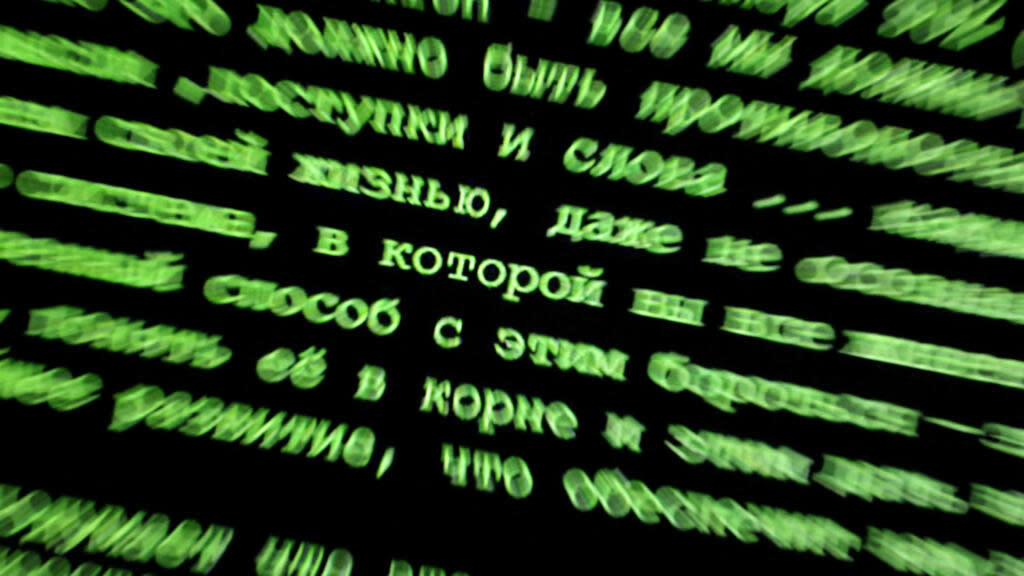EU struggles to counter Russian disinformation ahead of European elections

As the European Union prepares for this weekend's EU-wide parliamentary elections, the bloc faces significant challenges in combating alleged Russian disinformation. Despite Russia's denials of interference, the potential impact of a disinformation campaign on voter opinion remains difficult to measure.
Last month, the European Union's disinformation-busting team debunked a Russian-language video on YouTube that said citizens were fleeing dictatorship in Poland and seeking refuge in Belarus, a close ally of Moscow.
The story peddled recurring pro-Kremlin narratives of Warsaw holding aggressive militaristic intentions and of democratic failings in Poland and the wider EU.
The team, known as Stratcom, also maintains that the anti-Polish chatter is part of a broader Russian disinformation campaign that Europe is widely seen as struggling to counter before the transnational elections across 27 members states that will be held over three days from 6 to 9 June.
The video fitted a pattern: Russia-linked websites take pro-Kremlin content from state-controlled outlets – or pro-Kremlin social media accounts – repackage it with a translation, and spread it via new channels to target EU audiences.
Russia is widely accused of having waged disinformation campaigns targeting elections in the United States, Europe and Britain over the last decade although Moscow had denied it uses disinformation to influence public opinion.
European capitals have warned of a pre-election surge in disinformation, but its impact is hard to gauge.
Moscow has repeatedly dismissed Western allegations that it is spreading disinformation.
Read more on RFI English
Read also:
French cyber experts reveal vast network of Russian disinformation sites
France claims Russian interference over Star of David graffiti in Paris
EU's Green Deal the target of online disinformation ahead of polls


